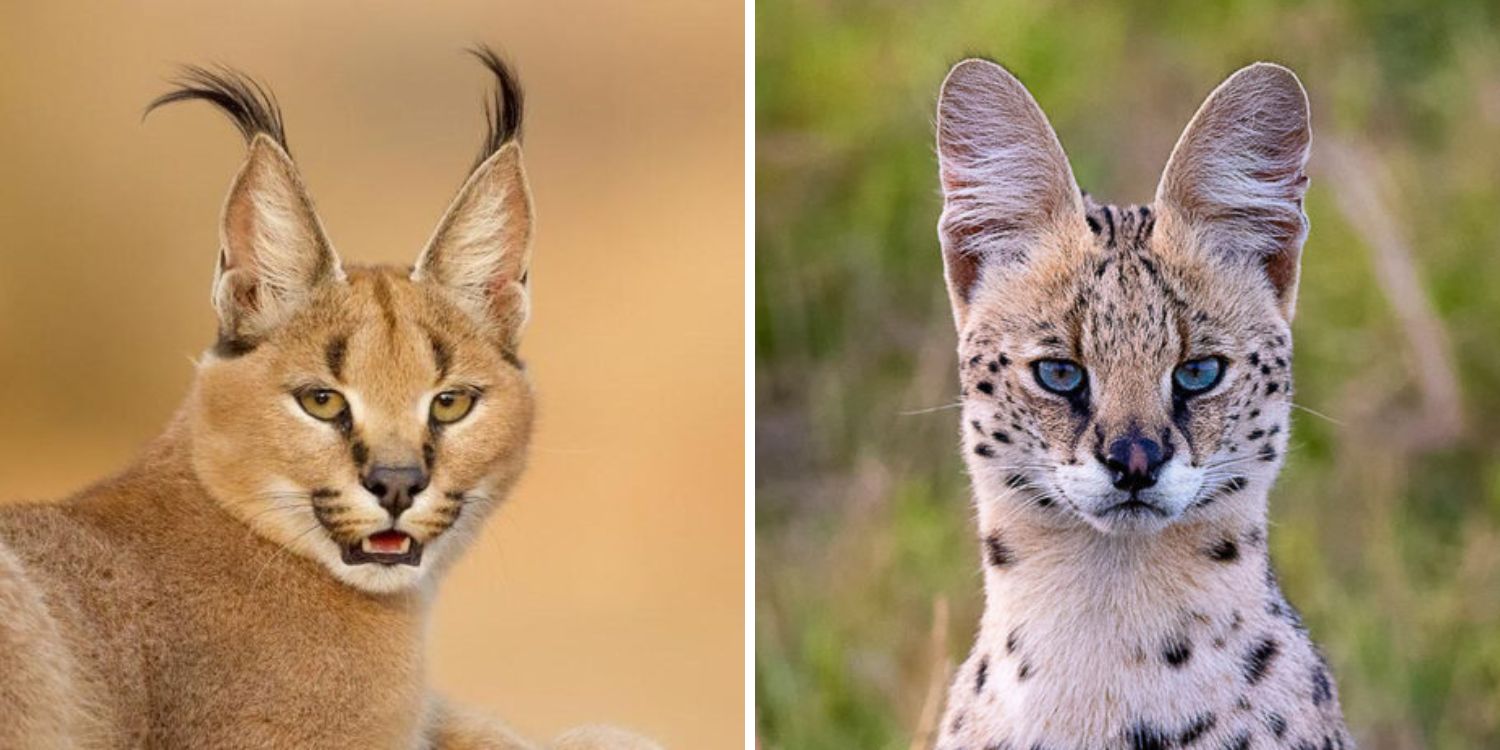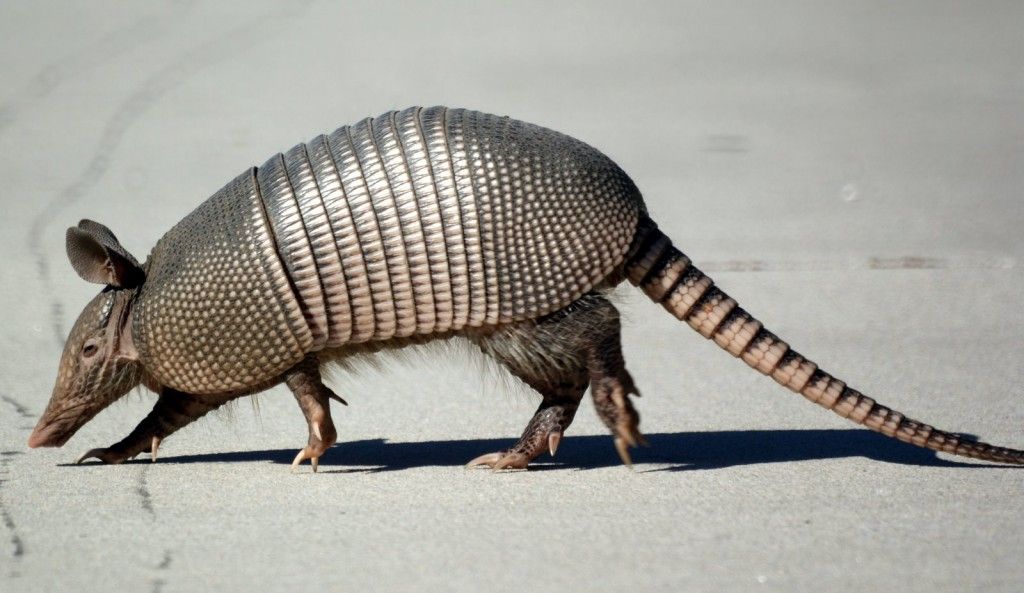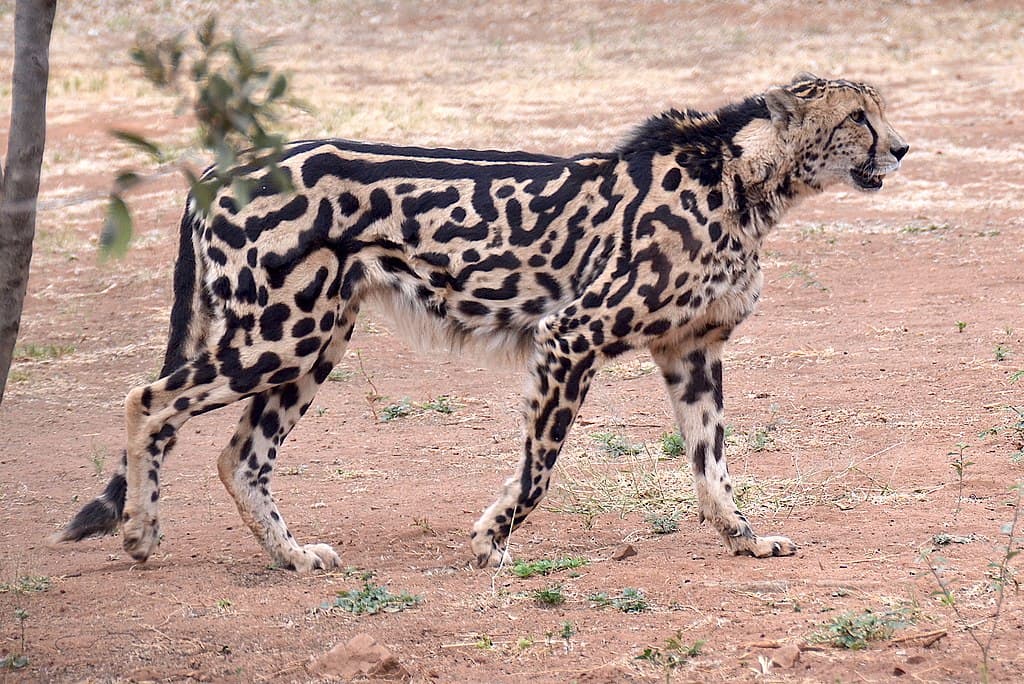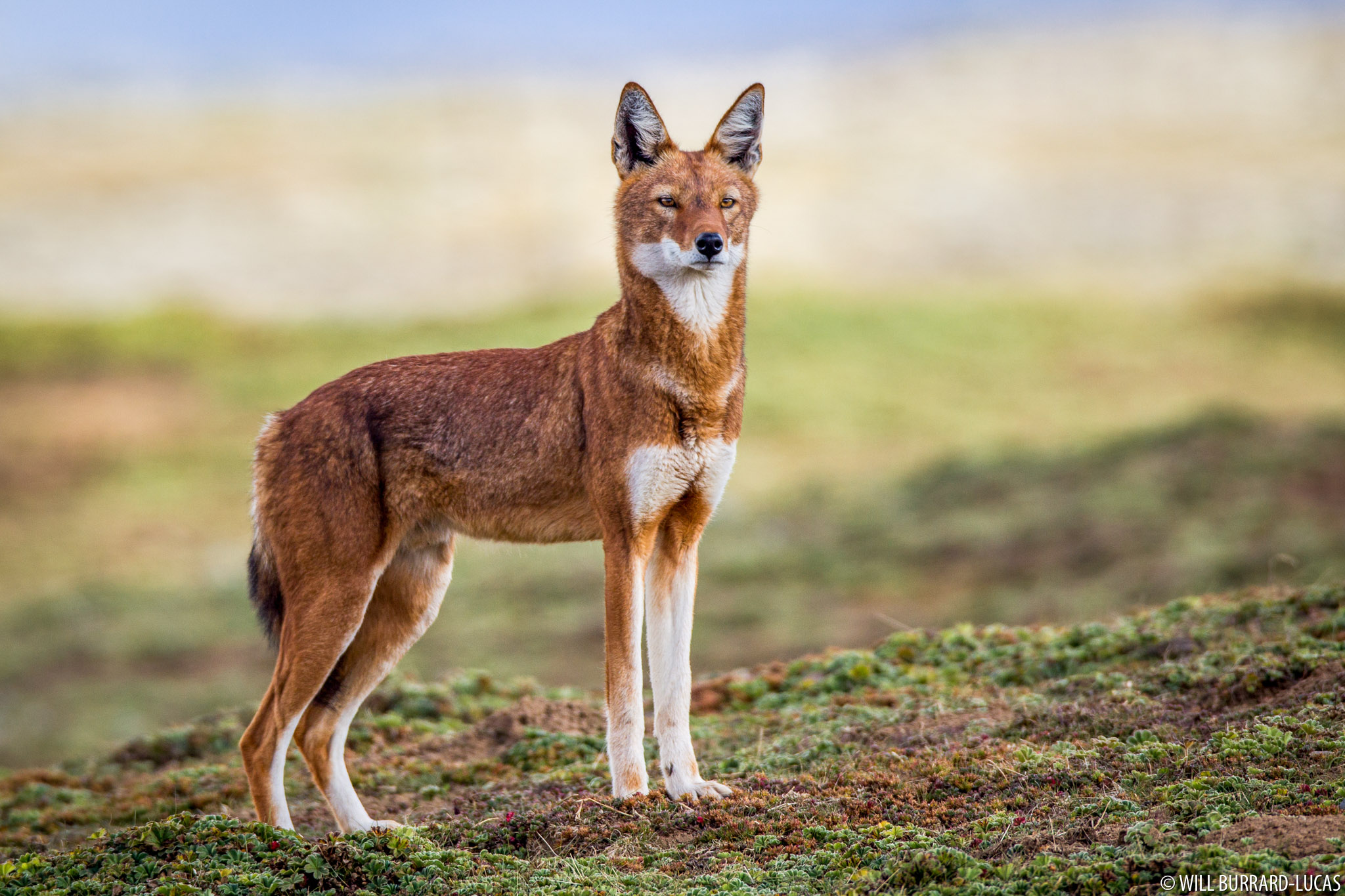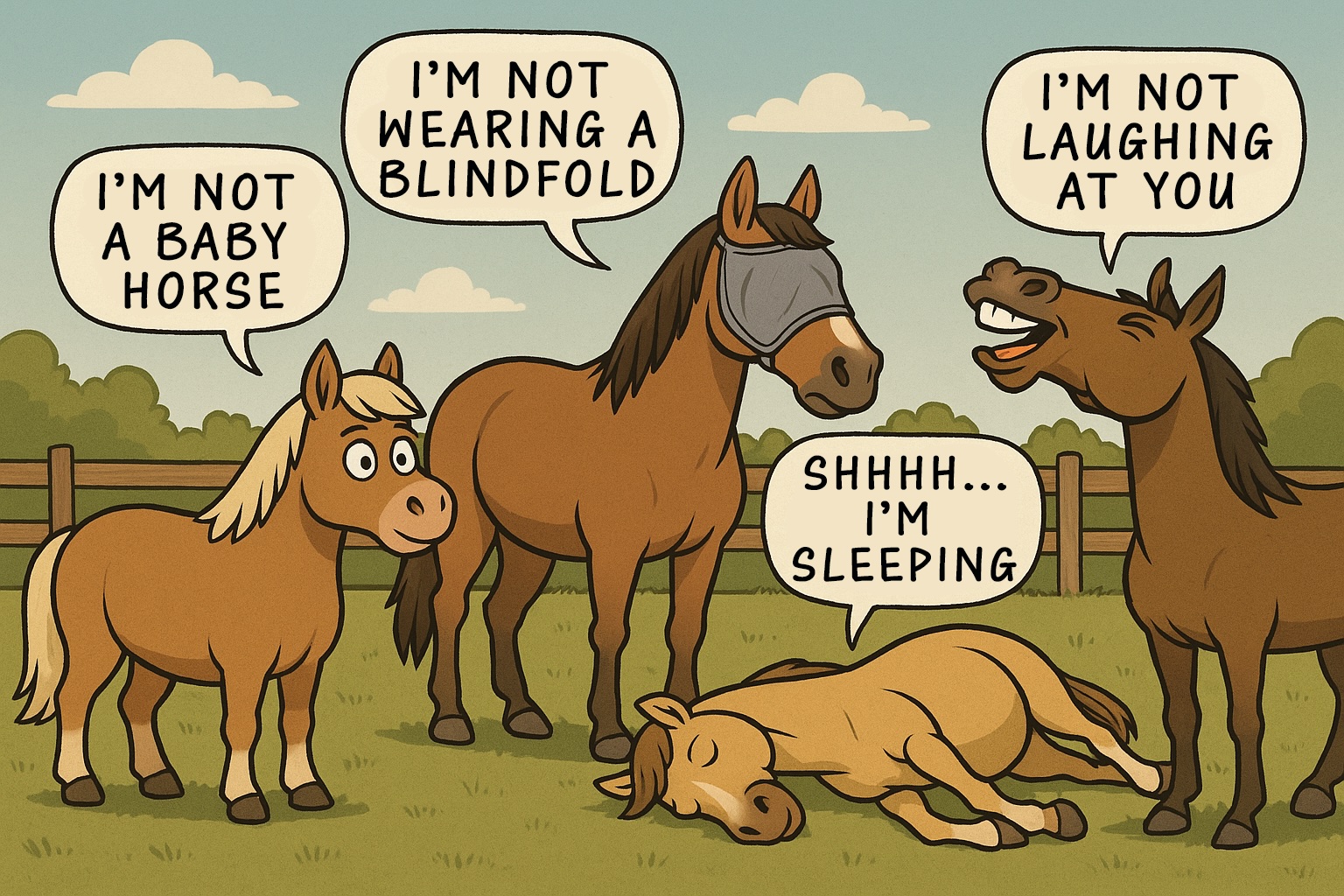
If you’ve ever spent time around horses – or even just scrolled past a horse video online – you’ve probably come across some hilarious but totally wrong assumptions about them. Horses are magnificent, quirky creatures, and they’ve picked up their fair share of strange myths along the way. Let’s set the record straight and debunk some of the funniest (and most persistent) horse myths.
Myth #1: Ponies are just baby horses
Nope! Ponies are not baby horses – they’re their own thing.
Ponies are a specific type of horse, bred to be small and sturdy. Many breeds of ponies have thicker manes and tails, stockier builds, and a whole lot of personality packed into a pint-sized frame.
Baby horses are called foals, and they can grow into either full-sized horses or ponies, depending on their genetics. As a bonus, horses have specific terms based on the gender of foals: colts are boys and fillies are girls – and they are called colts or fillies until they are three years old.
So next time you see a fluffy little equine trotting confidently along a trail, don’t call it a baby – it might just be a fully grown pony with strong opinions and a bigger attitude than a draft horse.
Myth #2: Those horses are wearing blindfolds!
The fly mask strikes again.
It’s a classic scene: a horse wearing what looks like a mesh blindfold over its eyes. Understandably, people new to the horse world might think it’s some kind of weird medieval training device. But relax – it’s actually a fly mask.
Fly masks are soft, breathable mesh coverings that protect a horse’s eyes and face from flies, dust, and sunburn. And yes, horses can see through them just fine. So no, that horse isn’t about to be led to a firing squad – it’s just enjoying a pest-free day.
Myth #3: That horse lying down must be dead!
Don’t call 911 – he’s just napping.
While it’s true that horses can (and often do) sleep standing up, they also lie down for deeper rest. In fact, to enter REM sleep, horses have to lie down for short periods each day. If you come upon a horse sprawled out in a field, legs sticking out and all, it’s likely enjoying a well-deserved power nap in the sun.
Of course, if a horse is lying down for hours or seems in distress, that’s a different story. But most of the time, it’s just a case of sleepyhorse.exe.
Myth #4: That horse is laughing at me!
Kind of… but not really.
When a horse curls its upper lip and stretches its head into the air, it looks exactly like it’s cracking up at your expense. But this funny-looking behavior is called the flehmen response, and it’s not about humor.
Horses do this to better analyze smells, particularly interesting or unfamiliar ones. It helps move scents to a special organ in the roof of their mouth called the vomeronasal organ. Still, we won’t blame you for taking it personally when they do it after you’ve been mucking stalls.
Myth #5: Horses love sugar cubes and always want treats
Well, kind of – but like us, they shouldn’t live on snacks alone.
Yes, many horses enjoy treats like carrots, apples, and the classic sugar cube. But too much sugar isn’t great for their health, especially for horses prone to metabolic issues. And not all horses like the same treats (some turn their noses up at apples, believe it or not).
Also, feeding treats by hand can lead to pushy or nippy behavior if not done carefully. So if you want to treat your equine friend, check with the owner or caretaker first – your good intentions shouldn’t end with a bitten finger.
Myth #6: Horses are just big dumb animals
Absolutely false – horses are incredibly intelligent.
Horses can recognize human faces, solve simple problems, communicate their needs, and even read human emotions. They form deep social bonds with both other horses and people. And they’re quick learners – sometimes too quick – picking up both good and bad habits in record time.
They might not do your taxes, but underestimate a horse’s brainpower at your own risk.
Final Thought: Love Horses? Learn About Them!
The world of horses is filled with fascinating facts, strange traditions, and yes, a few persistent myths that just won’t quit. But the more we understand these amazing animals, the more we appreciate just how unique they really are. Whether you’re a lifelong equestrian or someone who just stumbled across a funny horse meme, now you can spot the myths – and share the truth.
Disclaimer: This blog post is for edutainment purposes only and may not be entirely accurate.


